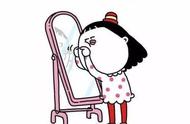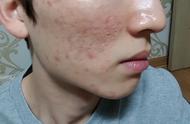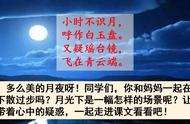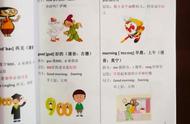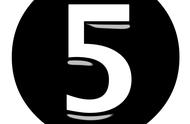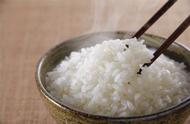
1. 形容词/副词的比较级和最高级的构成规则
(1)单音节词和少数以-er,-ow结尾的双音节单词,比较级在后面加-er,最高级在后面加-est。
① 单音节单词:
small→smaller→smallest
short→shorter→shortest
tall→taller→tallest
great→greater→greatest
② 少数以-er,-ow结尾的双音节单词:
clever→cleverer→cleverest
narrow→narrower→narrowest
(2)以不发音e结尾的单音节单词,比较级在原形后加-r,最高级在原级后加-st。
large→larger→largest
nice→nicer→nicest
able→abler→ablest
(3)以一个辅音字母结尾的闭音节(即:辅音+元音+辅音)单词中,先双写末尾的辅音字母,比较级加-er,最高级加-est。
big→bigger→biggest
hot→hotter→hottest
fat→fatter→fattest
(4)以“辅音字母+y”结尾的双音节词, 把y改为i,比较级加-er,最高级加-est。
easy→easier→easiest
heavy→heavier→heaviest busy→busier→busiest
happy→happier→happiest
(5)其他双音节词和多音节词,比较级在前面加more,最高级在前面加most。
beautiful→more beautiful→most beautifuldifferent→more different→most different easily→more easily→most easily
(6)有少数形容词、副词的比较级和最高级是不规则的,必须熟记。
good→better→best
well→better→bestbad→worse→worst
ill→worse→worstold→older/elder→oldest/eldest many/much→more→most
little→less→least far →further/farther→ furthest/farthest
2. 形容词和副词比较级的用法
(1)“甲 be (倍数) 形容词比较级 than 乙”表示“甲比乙…”或“甲比乙…几倍”。
Tom is taller than Kate.
汤姆比凯特高。
This room is three times bigger than that>这个房间比那个大三倍。
(2)“甲 实意动词 (倍数) 副词比较级 than 乙”表示“甲比乙…”或“甲比乙…几倍”。
I got up earlier than my mother this morning.
我今天早晨起床比我妈妈还早。
He runs three times faster than his brother.
他跑的速度比他弟弟快三倍。
3. 形容词和副词最高级的用法
(1)“主语 be the 形容词最高级( 单数名词) in/of...”表示“……是……中最……的”。
Tom is the tallest in his class./of all the students.
汤姆是他们班上/所有学生当中最高的。
This apple is the biggest of the five.
这个苹果是五个当中最大的。
(2)“主语 实意动词 (the) 副词最高级 in/of...”表示“……是……中最……的”。
I jump (the) farthest in my class.
我是我们班跳得最远的。
,
